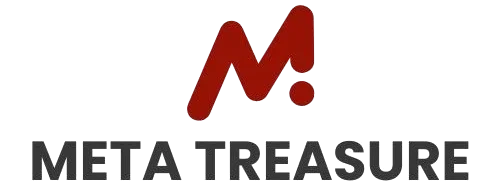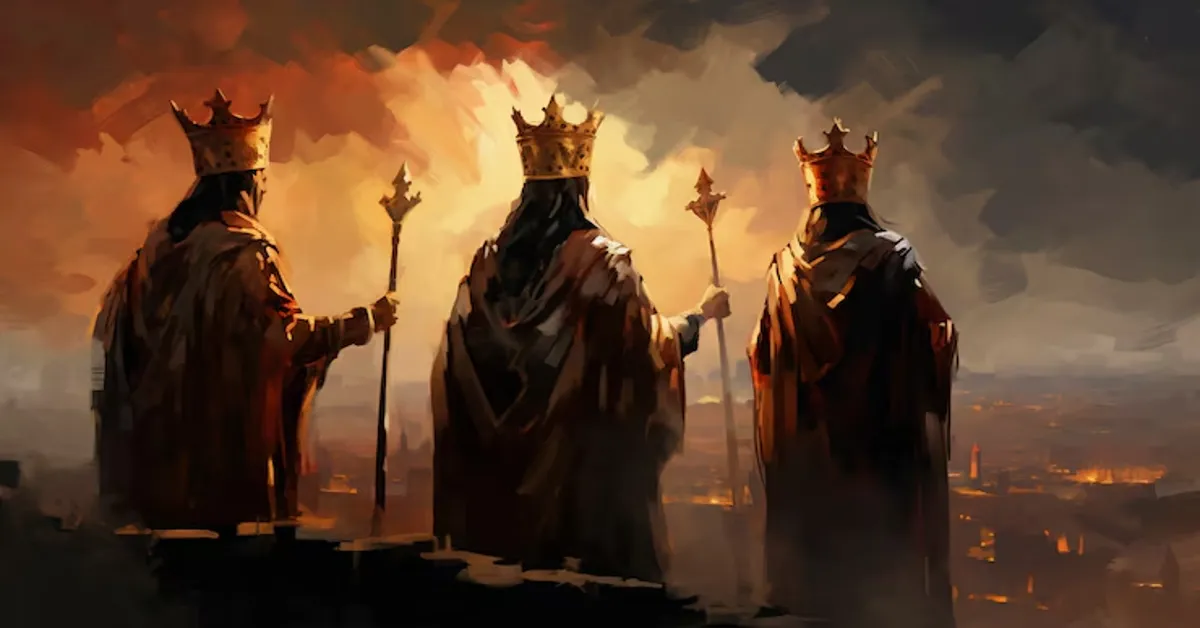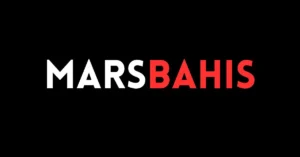In the age of fractured identities, endless streaming content, and shifting notions of power, one theme in modern storytelling is becoming increasingly captivating — “regressing with the kings power.” On its surface, the phrase may seem paradoxical. How does one regress — move backward — while wielding the authority and might of a monarch? Yet within this contradiction lies a deeply resonant and symbolic narrative archetype.
This article delves into what it means to “regress with the kings power,” how the concept is playing out in literature, visual media, and cultural discourse, and why this idea holds such relevance in a post-modern, post-truth era.
Defining the Term: Power, Regression, and Legacy
To understand “regressing with the kings power,” we must first deconstruct the phrase.
- Regressing: In narrative and psychological terms, regression is a return to an earlier state — emotionally, morally, or behaviorally. It’s often viewed as a loss of maturity, control, or progress.
- The King’s Power: Symbolically, the king’s power stands for authority, legitimacy, wisdom, and the burden of leadership. It’s a central image in mythology and monarchy — the divine right to rule, the sword, the crown.
To regress with the king’s power, then, is to wield authority while retreating emotionally, spiritually, or ethically. It’s the act of a leader falling back into primal instincts, unchecked vengeance, or wounded childlike states — but still commanding armies, dictating policies, or influencing nations.
It is also a story of contrast: maturity versus trauma, strength versus instability, tradition versus rebellion.
READ MORE: WhyChoosePro.com: Navigating Trust in the Digital Marketplace
Psychological and Mythological Underpinnings
The archetype of the wounded ruler is not new. From King Lear to Anakin Skywalker, the idea that immense power paired with psychological regression can lead to narrative catastrophe or transformation is a recurring motif.
- The Wounded King: In Grail legends, the Fisher King suffers a wound that incapacitates his kingdom. His healing is tied to his internal state.
- The Shadow King: Jungian psychology speaks of the shadow — the hidden or repressed parts of ourselves. A regressing king embodies the shadow overtaking the conscious self.
- The Child Monarch: When trauma prevents emotional development, even rulers act out childhood fears and defenses — with deadly reach.
This archetype has migrated from myth to modern media, becoming a vehicle to explore themes like trauma, accountability, and the fragility of power.
Narrative Usage in Modern Media
In today’s stories — from graphic novels to political thrillers to fantasy epics — the idea of a powerful leader regressing emotionally or morally plays out in diverse and compelling ways:
1. Fantasy and Historical Fiction
Characters like Daenerys Targaryen in Game of Thrones exemplify this arc. As she gains power, her inner wounds — loneliness, betrayal, loss — deepen. The result is emotional regression masked by the glamour of regal strength.
2. Science Fiction
In dystopian tales, powerful figures regress under pressure, paranoia, or existential dread. Think of Ender’s Game, where a young strategist, crowned with unearned authority, crumbles under the weight of moral decisions.
3. Superhero Narratives
Anti-heroes like Batman or Magneto reflect this paradox: noble purpose fused with regression into personal vendettas. They remain leaders but are driven by unresolved pain.
4. Political Dramas
In shows like House of Cards or The Crown, we see characters regress into insecurity, vengeance, or childhood trauma — even as they influence the fate of nations.
These stories resonate because they reflect a world where emotional intelligence is often outpaced by technological and political power.
READ MORE: FintechZoom.com Bitcoin News: The Platform Powering Crypto Insights in 2025
Cultural Resonance: Why Now?
The archetype of regressing with the kings power feels especially relevant in our times:
- Leaders under scrutiny: As global leaders face 24/7 visibility, emotional regression is no longer hidden behind palace doors.
- Rise of individual trauma narratives: Our culture is more attuned to mental health and generational trauma, and we recognize regression in public figures.
- Collapse of traditional authority: The king’s power is no longer unquestioned; it’s constantly challenged, redefined, and personalized.
Today’s audiences are more emotionally literate. They demand characters — and real people — who are multidimensional, flawed, and evolving. The regressing king is no longer a villain; they are a reflection.
The Metaphor Beyond Fiction
This concept isn’t confined to storytelling. It is increasingly being used to:
- Analyze political figures who lash out emotionally while holding vast power
- Examine corporate leaders whose regression results in toxicity
- Discuss generational patterns where parents (as household monarchs) mirror unresolved wounds while raising children
In all these contexts, “regressing with the kings power” becomes a cautionary tale about what happens when the crown is worn by someone not fully healed.
Literary Structure: How the Arc Functions
In storytelling, this archetype often follows a five-act arc:
- Rise to Power: Often sympathetic or noble beginnings
- Early Success: Authority is used wisely
- Trigger Event: Trauma resurfaces — loss, betrayal, humiliation
- Regression and Fallout: Emotional unraveling impacts decisions, often destructively
- Reckoning or Redemption: Either downfall or hard-won transformation
This arc mirrors classical tragedy, but with a modern lens focused on mental health, moral complexity, and social consequences.
Redemptive Potential: Can Regression Be Reversed?
Not all regressing kings are doomed. Some evolve:
- Zuko from Avatar: The Last Airbender: A classic arc of regression, reflection, and redemption.
- Tony Stark (Iron Man): Begins narcissistic and reactive; through trauma, becomes self-aware and sacrificial.
These narratives offer hope — that the wounded king can still heal, lead, and transform. But this requires:
- Emotional honesty
- The presence of a guiding mentor or foil
- A willingness to surrender the crown, metaphorically or literally
Future of the Archetype
As AI, surveillance, and global instability redefine power structures, stories about psychological integrity in leadership will only grow more vital. Tomorrow’s kings will not rule kingdoms — they will run tech platforms, lead movements, or direct narratives that shape millions.
Regressing with the kings power may become a lens through which we critique not only characters but institutions themselves — showing how systems regress when they prioritize legacy over growth, tradition over empathy.
Frequently Asked Questions (FAQs)
1. Is “regressing with the kings power” a psychological concept or just a storytelling device? It bridges both. It’s a literary archetype rooted in psychological truth, especially in leadership and trauma studies.
2. Can this archetype apply to female characters? Absolutely. Characters like Daenerys Targaryen or even Cersei Lannister embody this journey, challenging gendered assumptions about power and emotional regression.
3. What’s the difference between regression and villainy? Regression is often involuntary and rooted in trauma. Villainy can be cold and calculated. The regressing ruler is typically more complex and tragic.
4. How can modern leaders avoid this regression? By prioritizing emotional intelligence, seeking mentorship, acknowledging trauma, and surrounding themselves with truth-tellers, not flatterers.
5. Is this theme only relevant in fictional stories? Not at all. It’s increasingly used in political analysis, leadership coaching, and organizational studies as a framework for understanding power and dysfunction.









